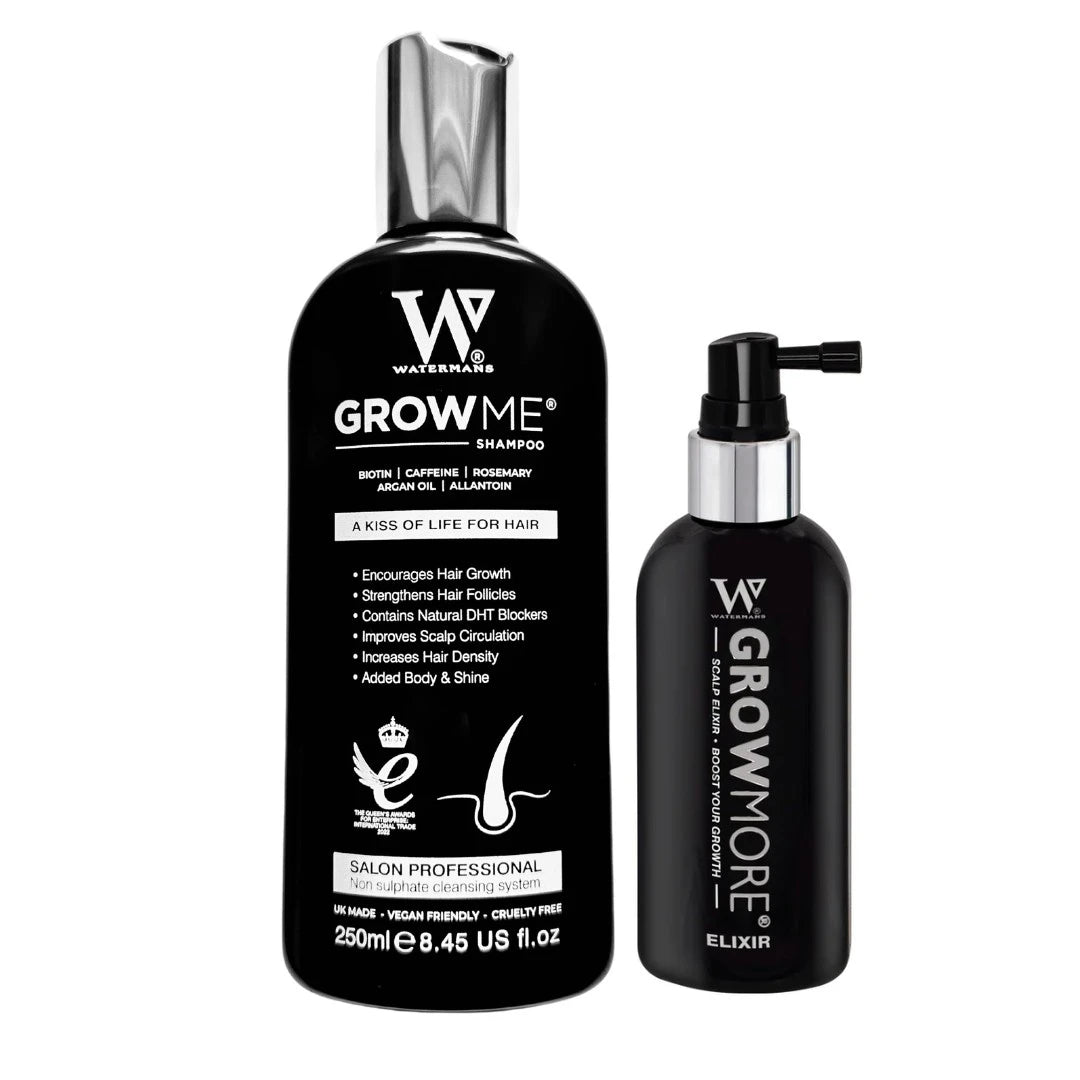
Conquering Hair Loss: Essential Strategies to Combat Diabetes-Related Hair Thinning

In our search for thick, healthy hair, many things can lead to hair loss. Stress, food, and health issues may hurt hair. Diabetes may also lead to thinning hair. Some people do not see a link between diabetes and hair loss. Knowing how to stop hair loss from diabetes can lift your overall life. We use this guide to show the tie between diabetes and hair loss, simple ways to fight thinning hair, and changes in life that support hair growth.
Understanding Diabetes and Hair Loss
Diabetes changes how the body uses blood sugar. The pancreas makes insulin. Insulin helps keep sugar levels in check. When diabetes is not kept in control, hair loss may occur because blood flow does not move well. Nerve problems in the scalp can hurt hair, too. We look at the science to see how hair loss from diabetes can be fixed.
The Diabetes-Hair Connection
Diabetes can cause hair loss in many ways. High sugar can change small blood vessels. Blood then brings less food and air to each hair. When a hair gets little food, it falls into a resting phase and thins out.
Diabetes can bring nerve pain to the scalp. If the nerves in the scalp do not work well, the hair cycle stops. Stress from diabetes can add more strain on hair. Many face this tight cycle each day.
Effective Strategies to Combat Hair Loss from Diabetes
To fight hair loss from diabetes, take a full view of your food, daily habits, hair care, and health steps.
1. Maintain Optimal Blood Sugar Levels
Keep your blood sugar in check. People with diabetes should watch their sugar, follow their treatment plans, and move each day. Good blood flow sends much-needed food to hair.
2. Incorporate a Balanced Diet
Eat a mixed diet that helps both diabetes and your hair. Try to add these to your meals:
- Biotin: Biotin helps hair grow. Eggs, nuts, and whole grains hold biotin.
- Zinc and Iron: These minerals help hair grow. Lentils, beans, lean meats, and fortified cereals supply zinc and iron.
- Protein: Hair is made of protein. Fish, poultry, beans, and nuts help build strong hair.
- Healthy Fats: Omega-3 fatty acids, found in fish, flaxseed, and walnuts, keep your scalp well.
3. Stay Hydrated
Drink water each day. Water helps your body work well. Dry hair may break easily, so give water to both your body and follicles.
4. Use Gentle Hair Care Products
Your hair needs kind care. Use gentle, water-based products that treat hair with respect. Watermans Grow Me Shampoo has biotin, rosemary, caffeine, and argan oil. It wakes your scalp and gives root strength. See it at Watermans Grow Me Shampoo.
5. Massage Your Scalp
Massage the scalp by hand. This helps blood move to the roots. Use oils like coconut or jojoba to help your massage and feed your hair.
6. Manage Stress
Stress can worsen hair loss. Find ways to calm your mind. Try calm breathing, yoga, or meditation. These simple acts can help both your mind and body.
7. Medical Treatment Options
Sometimes food and lifestyle shifts do not do enough. In that case, seek help from a doctor. A doctor can check for hidden causes of hair loss and may use medicines such as minoxidil to help hair grow.
The Importance of Hair Care Routines
A set routine for hair care can help fight hair loss. Create a plan that works for you.
Shampooing
Use a kind, sulfate-free shampoo. This kind cleans without stripping natural oils. A product like Watermans Grow Me Shampoo can work well. Wash your hair about 2-3 times each week and let your scalp keep its oils.
Conditioning
Do not skip a good conditioner. A rich conditioner adds moisture, strength, and shine. Look for natural oils and proteins in your conditioner to feed dry or tired hair.
Avoid Heat and Chemical Treatments
Frequent hot tools or harsh chemical treatments can hurt hair. Cut down on heat and pick simple styling tricks that do not use much heat.
Did You Know?
- Diabetes can affect hair growth. High sugar levels drop blood flow to the hair.
- People with diabetes may see several types of hair loss, such as telogen effluvium after stress.
- Missing vitamins can hurt hair. B vitamins, in particular, help keep hair strong.
- A healthy scalp helps hair. Foods with antioxidants and anti-inflammatory parts feed the scalp.
- Insulin resistance, seen in type 2 diabetes, may slow hair cell work.
Frequently Asked Questions (Q&A)
Q1: Can diabetes cause permanent hair loss?
A1: Some hair loss can come back with care. But long-term high sugar may lead to greater hair loss.
Q2: What products should I avoid for hair loss from diabetes?
A2: Skip harsh shampoos and styling sprays that have sulfates or alcohol. They dry your hair and scalp.
Q3: How long does it take to see results after using hair growth products?
A3: It can take about 3-6 months of daily use to see change.
Q4: Are there any home remedies for hair loss due to diabetes?
A4: Oils like rosemary, coconut, and aloe vera can feed the scalp and may help hair grow.
Q5: Can stress from managing diabetes worsen hair loss?
A5: Yes, stress can add to hair loss. Finding calm ways to live is important.
Knowing how to stop hair loss from diabetes gives you the power to care for both your hair and health. With a good diet, steady routines, kind products like Watermans Grow Me Shampoo, and calm moments each day, you can fight hair loss and help your hair grow again.













